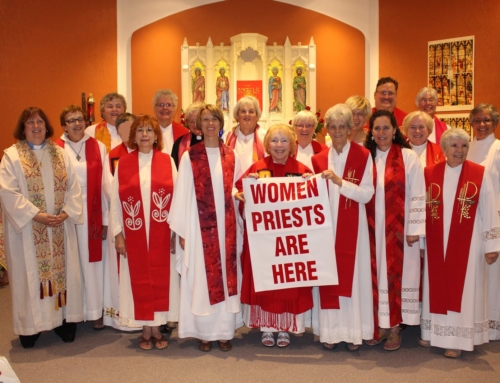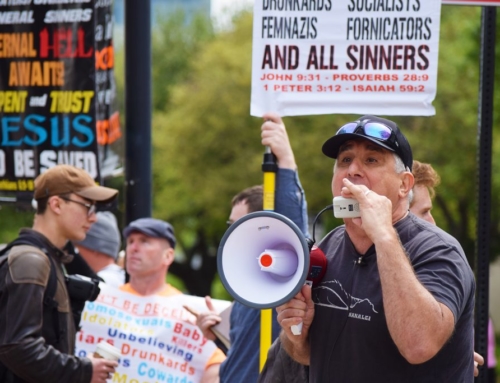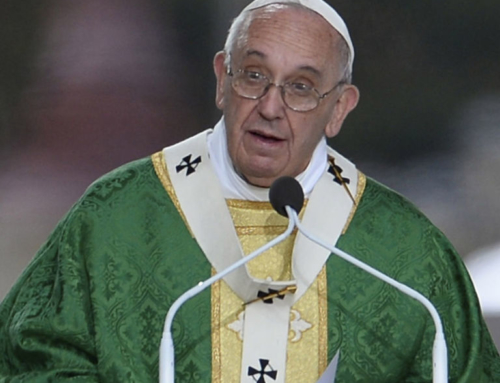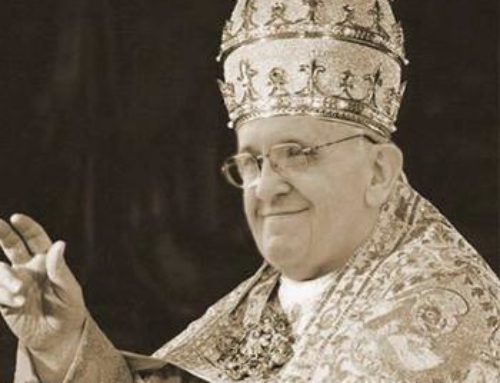One of the things that impressed me in studying the fourth century history of the church was how all the good things and bad things came together by God’s providence for the furtherance of the church. Here’s what I mean:
- The persecution of the church–climaxing in the terrible persecutions of the 3rd century–strengthened the resolve of the Christians, and their fortitude and grace under fire attracted more people to the faith. Furthermore, the persecution consolidated the faith around a tough, stubborn and faith filled central core of believers. This central core was far more important for the future growth of the church than a huge group of followers right at the beginning. If you like, the persecution strengthened the core group of believers so they could give an even stronger and more potent witness to the world.
- The vagueness of Gnosticism forced the early church to start defining doctrine. It was not good enough to have airy fairy ideas about angels and cosmic powers and myths of gods and goddesses and magical stories. The fathers of the church began to define doctrine. They also started to define the canon of the New Testament. All those bogus Gnostic gospels were out. Only the apostolic writings were in. The creepy “spiritual but not religious” aspect of Gnosticism helped solidify the faith and root it in reality. This was vital for a faith that claimed a historical incarnation. The incarnation of the Son of God was a real historical event–not a fanciful fable– as St Paul insisted.
- The varied interpretations of the incarnation which Arianism and the other Christological heresies promoted also helped the church define and then defend the true Christological doctrines regarding not just the incarnation of Christ, but also about the Blessed Virgin Mary and the Holy Trinity.
- These oppositions helped the church establish a New Testament Canon, the Creeds and also a defined hierarchical clerical infrastructure. These concrete realities of the faith: Creed, Canon and Clergy gave the early Church a firm and solid foundation on which future building could occur with confidence. As we will see, when questions of doctrine, pastoral practice, morality and church governance arise the foundation established in the first four centuries will prove invaluable When the need then arose for the church to become the religion of the Roman Empire the foundations and infrastructure of doctrine and governance were already established which could cope with the huge growth that came with the establishment of Christianity.
What’s to learn further? I’ll remind you again about the huge resource of audio material from Monsignor Witt. You can browse it here.
Regarding Constantine, why not check out Evelyn Waugh’s biography of St Helena?
Paul Stephenson’s biography of Constantine is the best. Check it out here.
The books I recommended in the post accompanying Episode Three will guide you to learn more about the writings of Athanasius and the Cappadocian Fathers. Go here for a reminder.
In addition to those links and suggestions, I’ve come across this fantastic website which posts just about everything you want to know about the early Christian writings.
Here is a timeline of important dates for the fourth century:
- Athanasius – 296 -373 AD
- Arius – 256 – 336 AD
- Constantine – 272 – 337 AD
- Edict of Milan – Granting Freedom to Christians – 313 AD
- Council of Nicea – Affirmed the Orthodox Christology – 325 AD
- A Council of Constantinople – Affirmed Arianism – 360 AD
- The First Council of Constantinople – Re-Affirmed Orthodox Christology – 381 AD
The important thing to remember about the Arian controversy is that Arius taught that Jesus Christ was the incarnate Logos–a created being–not one with God. The orthodox faith Athanasius stood up for was that the incarnate Christ was consubstantial with the Father–not simply “like” God, but “very God of very God, begotten not made. Consubstnatial with the Father.”
Why is this important? Because, as I pointed out in the podcast, Arianism is rife in the church today. Liberal Christians (including many Catholics) do not preach Arianism explicitly, but they reduce Jesus Christ to merely a good teacher, a holy preacher, a wonder worker, a pious man and a tragic martyr–but not God incarnate.
Why does this matter? Because if he is not God in human form he does not have the power to forgive sins or pay the price for our sins. If he is simply another created being, then he is no more than a good teacher and a martyr, and if that is true, then the Christian faith is not about the salvation of souls and the forgiveness of sins, it becomes merely a club for doing good works and making the world a better place. If that is all the Christian religion is, then why have religion at all?
Anybody can follow any good teacher they like and get involved in the Boy Scouts (whoops they’re not called that anymore!) or the Rotary Club or the local soup kitchen. In other words, if it is only good works, why go to church?
But if Jesus Christ is true God in human flesh, then our faith is about much more than being nice people who are do gooders.
It is about conquering Satan once and for all, about forgiving sin, saving souls and winning heaven.
Thanks for listening and supporting the blog! If you have comments or questions I am always happy to hear them.
With best wishes in the Lord, Fr DL.







[…] are enjoying this series of podcasts, please tell others and remember Donor Subscribers can access a special blog post that accompanies every episode with further discussion, links, recommended books and more. This is […]
Father, your council numbering is unconventional, to say the least. The first council of Constantinople is always listed as the orthodox ecumenical one in 381. If another one occurring in 360 affirmed Arianism, it would be a heretical council and not recognized as legitimate (except to the Arians).
Thank you for the correction. I have edited the text accordingly!
Great series!! Please cover the development of the Christian Cannon at the Council of Rome in 382 AD and the translation of the scriptures to Latin by St. Jerome so the Bible could be spread throughout the Roman world.
St Jerome is coming up in episode 6. In the blog post connecting to episode 6 I will also include more information about the formation of the canon of Scripture.